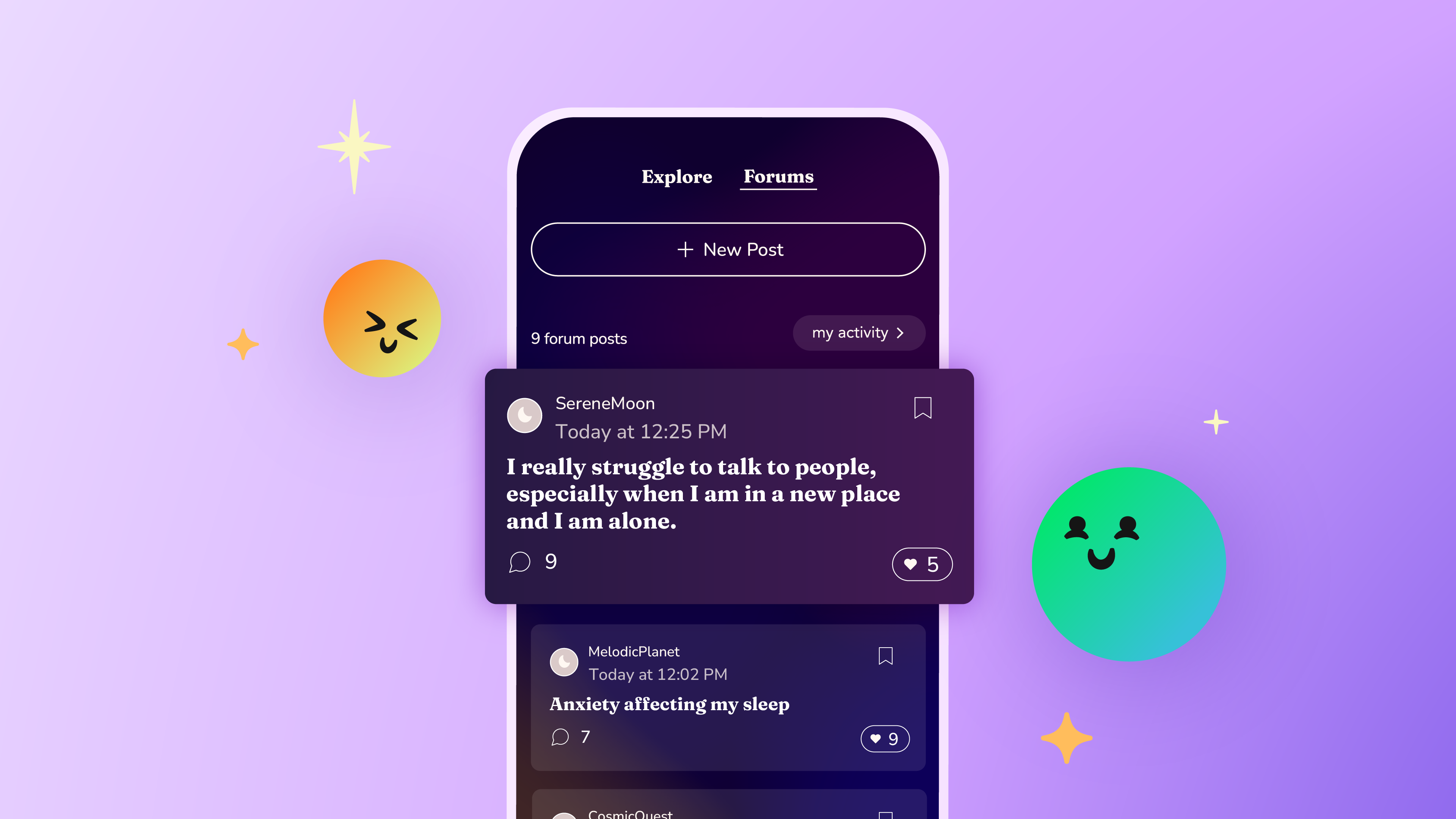Digital mental health interventions (DMHIs), like Soluna and Kooth, have emerged as a paradigm shift in care delivery that could expand the scale, efficiency, and effectiveness of psychological services.
As a result, future DMHI research and clinical practice need to consider new approaches that capitalise on digital space.
This exciting paper surveys the current state of DMHIs, highlighting research and practice gaps as well as potential strategies to move the field forward.
DMHIs are web-based platforms, mobile apps, and virtual reality that provide psychological interventions to prevent and treat mental health conditions and promote psychological well-being (Mohr et al., 2017).
Interest in and use of DMHIs to extend the impact of psychological services has exploded. Over the past 40 years, analysis found a consistent tripling in the rate of publications across each decade (Zale et al., 2021).
For over 20 years, Kooth has been a leader in DMHI, accumulating real-world data about how people use digital tools to improve their wellbeing. This long-standing presence has enabled in-depth research into critical areas such as exploring how empathy and connection can be fostered in asynchronous digital environments.
They've also looked at how people might feel more comfortable sharing their true feelings online, a phenomenon called the "disinhibition effect," and what that means for self-disclosure and emotional expression in online therapeutic settings.
Kooth's experience continues to provide key insights into the efficacy of digital mental healthcare.
DMHIs have largely replicated face-to-face therapeutic practices, but new approaches can enhance creative and innovative therapy tools. Soluna (seen in the image below) offers support like care navigation within chat functionality and mental wellbeing tools that teach self-calming techniques and help young people identify their values and goals.

Unlike teletherapy, which simply connects patients with providers, DMHIs like Soluna deliver intervention elements through technology, so they have benefits beyond merely overcoming geographic barriers.
Interesting takeaways from the paper include:
- •
A key benefit of DMHIs is they can utilise digital space for innovation, making these tools more personalised, effective, and accessible than traditional interventions. One aspect of this is empowering user feedback for continuous improvement to maximise outcomes.
- •
The 24/7 availability of DMHIs enables young people to engage with resources at their convenience and preferred pace, fostering autonomy. Soluna offers users games and activities, like journalling prompts and quizzes, that increase self-efficacy and motivate users to stay true to their personal goals.
- •
- •
DMHIs are not meant to replace a therapist’s role, but, rather, enhance it. A vital component of the most effective and engaging DMHIs is human support.
- •
Most young people described how their desire for human connection motivated their engagement with support online. Soluna fosters open sharing and learning from peers in similar life scenarios. In our forums, young people freely share experiences or effective coping strategies that worked for them. Moderators ensure the suitability of all content publicly shared through the platform, according to age, vulnerability, and cognitive capacities.
- •
- •
Some therapists may not use DMHIs in their practice due to a lack of knowledge about which are effective and safe to use in a constantly expanding market of options.
- •
In an evolving field with little longitudinal data, Soluna can be trusted to lead the way in person-centred DMHIs for young people. A division of Kooth, a pioneering innovator of digital behavioural health care covering over 19 million people internationally, Soluna is based on over two decades of clinical research and expertise.
- •
The evolution of technology continues, but the data that DMHIs are acceptable and effective is exceptionally consistent.
The paper considers the role that emerging technologies and changes in the profession will play in shaping DMHIs in the future including potentially increasing the impact of psychological services by expanding the scale, efficiency, and effectiveness of care.
DMHIs should not be considered a fringe alternative to access care but instead, front-line treatments that must be available to anyone who could benefit from them.
References:
- •
Mohr, D. C., Weingardt, K. R., Reddy, M., & Schueller, S. M. (2017). Three problems with current digital mental health research... and three things we can do about them. Psychiatric Services, 68(5), 427-429.
- •
Ramos, G., Hernandez-Ramos, R., Taylor, M., & Schueller, S. M. (2024). State of the Science: Using Digital Mental Health Interventions to Extend the Impact of Psychological Services. Behavior therapy, 55(6), 1364–1379. https://doi.org/10.1016/j.beth.2024.04.004
- •
Zale, A., Lasecke, M., Baeza-Hernandez, K., Testerman, A., Aghakhani, S., Mun ̃oz, R. F., & Bunge, E. L. (2021). Technology and psychotherapeutic interventions: Bibliometric analysis of the past four decades. Internet Interventions, 25, 100425.





